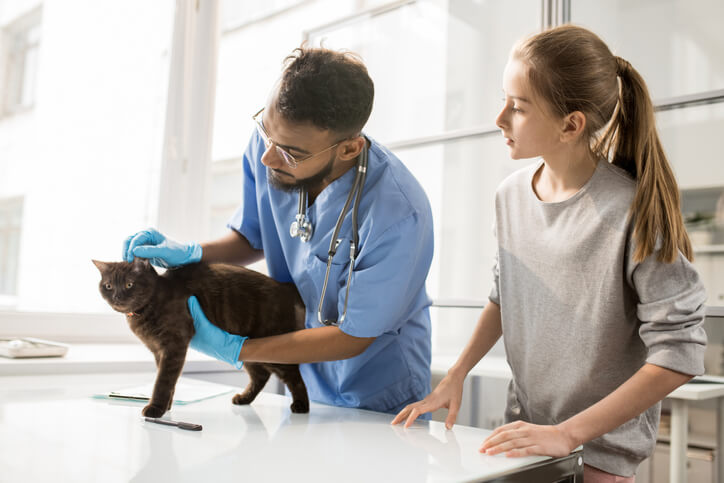Veterinarians are in the practice of helping animals—not harming them. Unfortunately, however, when it comes to treating people’s pets, anything can happen. For example, animals don’t always respond positively to treatment, and pet owners often place the blame in such situations on the veterinarian. In addition, veterinarians sometimes make mistakes that jeopardize the health of the animals they are treating. When an animal’s condition worsens after receiving treatment, the pet owner often points the finger at the veterinarian. In this article, we examine whether a pet owner can sue a veterinarian.
Veterinary Malpractice Factors
A plaintiff must prove several factors to succeed in a claim for veterinary malpractice. First, the veterinarian must owe a duty of care to the animal in question. This means that the veterinarian must have accepted responsibility to care for the animal that the owner brought to his or her office. Second, the veterinarian’s actions or inactions must have fallen below the professional veterinary standard of care. This means that the veterinarian failed to act with the level of diligence, skill, and attention that was expected of him or her under the circumstances. Next, the veterinarian’s deviation from the standard of care must have been the cause or proximate cause of the pet’s injury. Finally, the injury or harm to the animal must have resulted in damages to the plaintiff. In other words, the plaintiff must prove that he or she suffered some monetary or emotional loss due to his or her pet’s injury.
Statute of Limitations for Veterinary Malpractice Lawsuits
There are many defenses available to veterinarians who are accused of malpractice.
One important defense involves the statute of limitations. The statute of limitations is the state law that places a limit on the length of time by which a plaintiff must file a lawsuit. This deadline varies from state to state. If a plaintiff waits too long to file a legal claim for veterinary malpractice, the veterinarian can assert this as a defense, and the court will dismiss the case.
Although the statute of limitations provides a key defense in many veterinary malpractice cases, there may be multiple other defenses available. If you have been accused of veterinary malpractice, your available defenses will depend on the facts of your case. An experienced attorney can help you identify the defenses that are applicable to your situation.
Contact Our Experienced Veterinary Attorneys
As a veterinary practice owner, it is important to take steps to reduce your exposure to liability. Therefore, if you run a veterinary practice, you need a veterinary practice litigation attorney on your side. At Mahan Law, we know the ins and outs of the veterinary business. Our firm was founded by veterinary hospital owner Anthony Mahan, and we are experienced in helping veterinarians avoid—and respond to—litigation. So, whether you are facing veterinary malpractice allegations or simply want to be proactive in protecting yourself and your practice, we are here to help. Please contact us today to schedule a free consultation.

